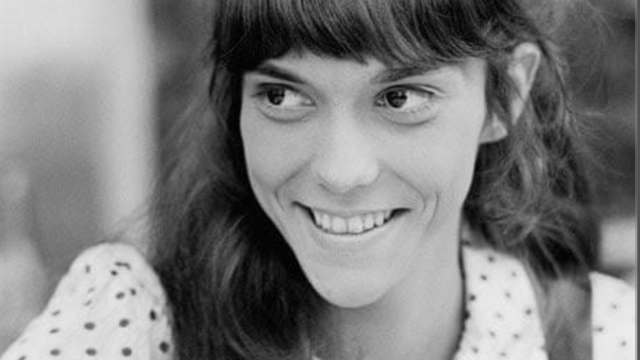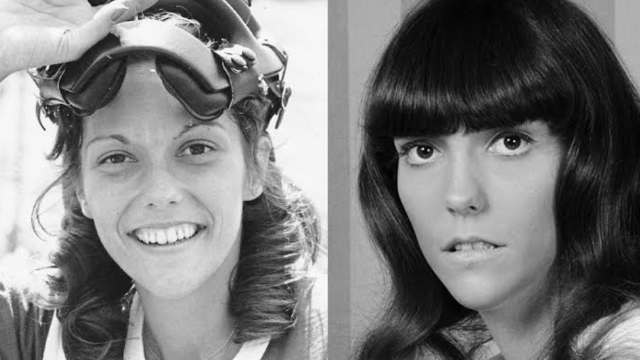Karen Carpenter, the lead singer of the popular 1970s sibling duo The Carpenters, tragically passed away on February 4, 1983, from heart failure caused by her long battle with anorexia nervosa.
Her death at the age of 32 brought much-needed attention to the dangers of eating disorders, a topic that had been little discussed or understood at the time.
Her struggles with anorexia began in her adolescence, after being teased for being “chubby.” Initially, her efforts to lose weight were praised, but as her weight dropped to dangerous levels, her friends and family began to realize the severity of her condition.
Her weight plummeted to a dangerously low 90 pounds in the mid-1970s, and it became clear that her health was in jeopardy.
Karen Carpenter and her brother Richard formed The Carpenters in 1969, and the duo went on to become one of the most successful acts of the 1970s, selling over 80 million records and winning three Grammy Awards.
The band’s wholesome image, combined with Karen’s dulcet voice and Richard’s piano arrangements, earned them a dedicated fan base. Hits like “Close to You,” “We’ve Only Just Begun,” and “Rainy Days and Mondays” became synonymous with 1970s pop culture.
However, behind the scenes, Karen’s mental health was deteriorating due to her battle with anorexia. She would spend countless hours exercising and severely restricting her food intake.
The psychological and physical toll of the disorder began to show in her frail appearance, prompting concern among her bandmates and loved ones.
Karen’s anorexia was exacerbated by a damaging cultural ideal of thinness, especially in the entertainment industry.
The 1960s and 1970s were marked by the rise of supermodels and celebrities with very slim physiques, with models like Twiggy setting the tone for the ideal body shape. Unfortunately, Karen Carpenter internalized this ideal, leading to a dangerous pursuit of extreme weight loss.
As her condition worsened, she took drastic measures to prevent gaining weight, including the use of ipecac syrup, a drug that induces vomiting.

This practice not only contributed to her declining health but also caused irreparable damage to her heart.
By the mid-1970s, Karen’s health had deteriorated to the point where she could barely muster the strength to perform, and the band was forced to cancel a European tour.
Despite the physical symptoms of her illness being visible, no one around her truly understood the severity of her condition until it was too late.
Karen Carpenter’s death marked a pivotal moment in public awareness about eating disorders. Her passing shocked the world and highlighted the urgent need to address mental health issues related to food and body image.
Following her death, discussions about anorexia nervosa gained prominence, and for the first time, the disorder was widely recognized as a serious and potentially fatal condition.
Karen’s death also opened the door for others to share their own struggles with eating disorders. Notably, Princess Diana later revealed her own battle with bulimia, helping to further destigmatize the topic.
In the wake of Karen’s death, a movement to raise awareness about eating disorders began to take shape.
A group of doctors and therapists, alarmed by the prevalence of ipecac abuse, lobbied the FDA to ban the over-the-counter sale of the drug, which had been used by many individuals suffering from eating disorders to induce vomiting.
This action was one of the first tangible steps taken to combat the deadly effects of eating disorders in the 1980s.
Karen Carpenter’s legacy as a victim of anorexia also changed how the entertainment industry viewed issues of body image.
Audiences had been shocked by her drastic weight loss, with some even speculating that she was suffering from cancer due to her emaciated frame.
Her condition and eventual death served as a cautionary tale about the dangerous pressures faced by women in the public eye, particularly when it comes to body image and weight.
Despite her struggles, Karen Carpenter’s musical contributions continue to resonate with fans around the world, and she is remembered as one of the greatest voices of her generation.





